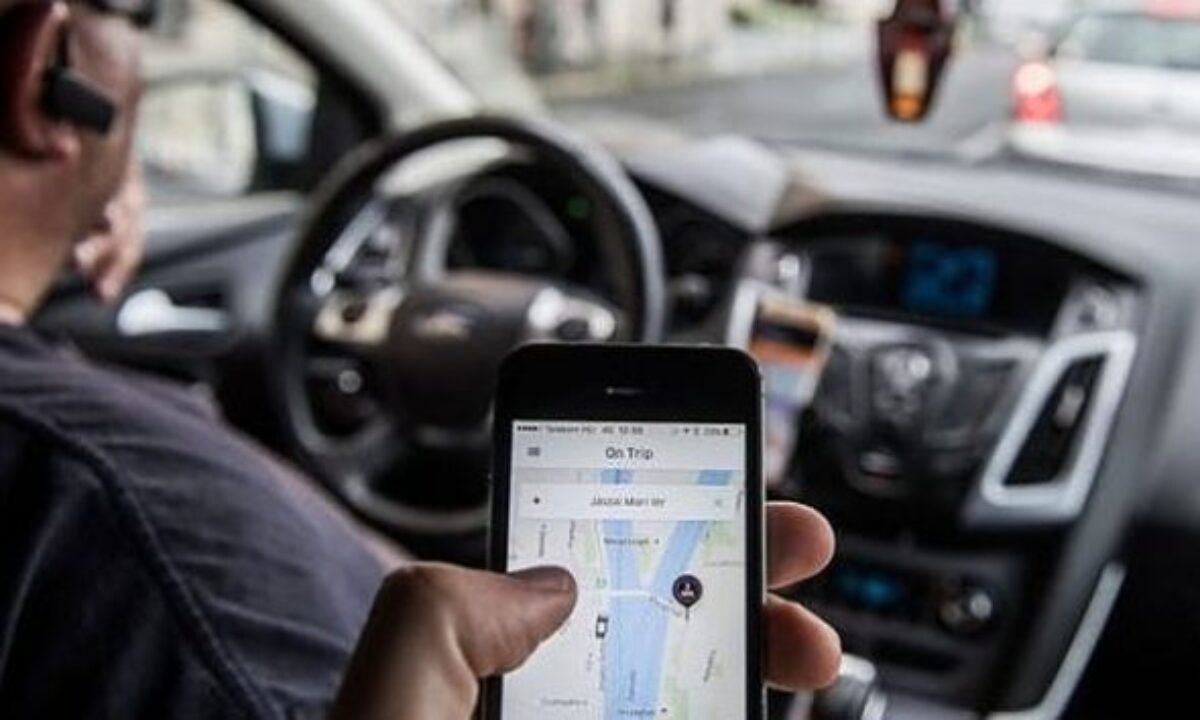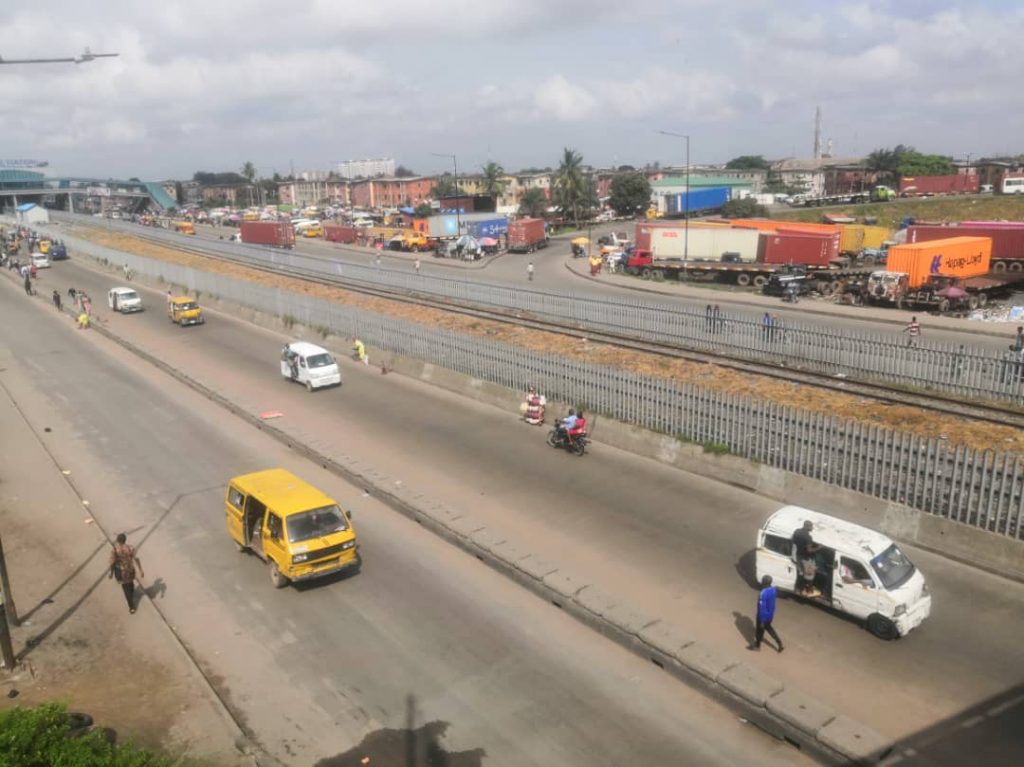Auto
Bolt, Uber Drivers Stop Work Over Hike in Petrol Prices

By Adedapo Adesanya
Ride-hailing drivers are reportedly embarking on a three-day nationwide strike, demanding a 200 per cent increase in fares before returning to work.
According to a report by Tech Cabal, Bolt, LagRide, Indriver and Uber drivers, under the aegis of the Amalgamated Union of App-based Transport Workers of Nigeria (AUATWON), are observing a sit-at-home over the recent hike in petrol prices.
In addition to the increase in fare prices, the drivers are also asking for a slash in the commission charged by app operators. For context, Uber and Bolt collect a 20 per cent commission on every ride, but the drivers want this slashed to 10 per cent.
They are also seeking recognition of the body as the sole representative when it comes to issues around labour and demands as well as to stop the deactivation of drivers who refuse to work due to unfair environment.
The publication quoted the National Vice President for Southwest Nigeria (AUATWON), Mr Kolawole Aina, as saying, “Each local government in Lagos State and, by extension, all states in Nigeria will be protesting today at the same time.
“All e-hailing platforms are shut down from today till Friday… The riders should find another alternative,”.
Business Post understands that on Friday, June 2, Bolt had increased its base fare prices in reaction to the resulting hike in fuel prices after President Bola Tinubu announced an end to fuel subsidy, one month before it was to officially end based on the 2023 budget.
In a blog post, Bolt said, “From 2 June 2023, ride prices in Nigeria are changing due to increased operating costs drivers incur while driving with Bolt.”
The updated base fare, minimum fare, kilometre fee, and minute fee varied in Lagos and other cities.
In Lagos, it reviewed the base fare to N527, with the kilometre fee put at N130 at a per minute cost of N23.3o and a minimum fare of N800. In Abuja, the base fare was upped to N350, with a kilometre fee put at N88 at a per minute cost of N1o.00 and a minimum fare of N700, while in Port Harcourt, the base fare to N370, with a kilometre fee put at N123 at a per minute cost of N17 and a minimum fare of N700.
Other cities, including Benin City, Owerri, Calabar, Ibadan, Uyo, and Jos, were equally updated.
Auto
Lagos Wants Fewer Cars on Roads to Drive Growth

By Adedapo Adesanya
The Lagos State Government has reiterated its commitment to creating an eco-friendly state with fewer cars on the roads in the future.
The Lagos State Commissioner for Transportation, Mr Oluwaseun Osiyemi, said this during a presentation at the closing of the fifth Lagos Real Estate Marketplace Conference and Exhibitions in Lagos.
Mr Osiyemi said that the commitment is in line with the T.H.E.M.E.S Agenda of Mr Babajide Sanwo-Olu’s led administration, expressing concerns that traffic congestion costs the state trillions of Naira in budget deficits annually.
The transportation commissioner noted that the heavy reliance on road transportation, which accounts for 90 per cent of travel in Lagos, is unacceptable and unsustainable.
The Commissioner stated that water and rail transportation account for only two per cent of the means of transportation, highlighting their gross underutilisation.
Mr Osiyemi emphasised that every sector in the state must be robust enough to contribute significantly to the wellbeing of its residents, as Lagos accounts for 30 per cent of the nation’s gross domestic product.
He expressed the state’s readiness to maximise the use of intermodal transportation system, to help upscale socio-economic activities in the metropolis and reduce man-hour loss to traffic.
In a panel discussion, the Special Adviser to Governor Sanwo-Olu on Climate Change and Circular Economy, Ms Titilayo Oshodi, emphasised the need for the state and its stakeholders to adopt a purposeful approach to waste management.
Ms Oshodi highlighted the importance of a circular economy in recycling, repurposing and reusing waste effectively.
She noted that several policies were already in place in the state for managing waste, urging producers and manufacturers across various sectors to collaborate with the state government to contribute to carbon reduction efforts.
Other panellists including Ms Stella Okengwu, Chief Executive Officer of Winhomes, said that the current economic situation calls for housing to be built based on clear demand that aligns with people’s budgets while Mr John Oamen, Co-founder of Cutstruct, urged the state government to promote the digitisation of construction procurement.
This, he added, would enhance the efficiency and practices of the construction and real estate sectors.
Auto
Heirs to Introduce Low-Cost Motor Insurance

By Modupe Gbadeyanka
There are plans by Heirs Insurance to introduce insurance products tailored for vehicle owners, a statement from the underwriting firm has disclosed.
According to the subsidiary of Heirs Holdings, this low-cost motor insurance package known as the Flexi Comprehensive Motor Insurance Plan will provide the benefit of a comprehensive motor insurance plan for a fraction of the cost, addressing the financial realities many Nigerians face.
The underwriting company announced the plan to introduce this package as it launched a new campaign designed to reward its customers.
This initiative themed Unwrapping Smiles will bring hope to individuals, families, and communities this holiday season, and will run from December 10 to December 31, 2024.
It will feature community-focused outreaches, including Christmas gifts and exciting rewards to put smiles on the faces of Nigerians. It will also include the launch of a holiday-watch web film known as The Underwriters for all Nigerians to enjoy.
“At Heirs Insurance Group, we are committed to providing much more than insurance. In a season when many Nigerians seek hope and reasons to smile, we are proud to offer initiatives that inspire and uplift,” the Chief Marketing Officer of Heirs Insurance, Ms Ifesinachi Okpagu, said.
Auto
FG Claims Investments in Presidential CNG Initiative Now $450m

By Adedapo Adesanya
Nigeria’s Presidential Compressed Natural Gas Initiative (PCNGi) claims that investments in championing the CNG value chain have hit $450 million.
This was disclosed by Mr Michael Oluwagbemi, Project Director and Chief Executive Officer (CEO), PCNGi, during the 9th Edition of the Nigeria Energy Forum (NEF2024) Day 2, Virtual Event themed Energising Sustainable Industrialisation.
According to the PCNGi CEO, the amount goes into things like mother stations, daughter stations and refuelling stations as well as conversion centres which are starting to spring up across the nation.
Mr Oluwagbemi, represented by Mr Tosin Coker, the Head of Commercial, PCNGi, said the initiative had successfully converted more than 10,000 vehicles from petrol to CNG.
“By 2027, the initiative will have converted more than one million vehicles using petrol to CNG,” he said.
On incidents of explosion of vehicles using CNG, the CEO assured Nigerians that it had taken precautionary measures with different agencies of government to ensure safety.
Mrs Ibironke Olubamise, National Coordinator of the GEF Small Grants Programme (SGP), managed by UNDP, said the SGP was investing in youth energy innovation for economic growth and environmental sustainability.
Mr Daniel Adeuyi, NEF Group Chairman, said, “The event featured three super sessions on Energising Industrial Revolution, Community Climate Action by GEF-SGP UNDP and Clean Energy Innovations.
“The sessions are to share lessons learnt from real-life projects and build capacity of young entrepreneurs and cross-industry professionals.”
Mr Joseph Osanipin, the Director General of the National Automotive Design and Development Council (NADDC), said that the council had trained more than 4,000 auto technicians on how to convert petrol vehicles to CNG.
He said the council had started campaigns to sensitise Nigerians on the advantages of using CNG to power their vehicles.
“CNG can guarantee a cleaner environment, it is cheaper and affordable,” he said.
Mr Oluwatobi Ajayi, the Chairman and Managing Director of Nord Automobile Ltd., said the company was established to tackle the growing demand for vehicles in Africa and reduce import dependency.
He said that because of the Federal Government’s CNG initiative, the company had incorporated it into their vehicle production to meet up with the government policy.
Mr Armstrong Tankan, the Managing Director and Chief Executive Officer, Ministry of Finance Incorporated (MOFI), said that MOFI was set up in 1959 as the statutory vehicle to hold all the assets owned by the federal government.
“Today, we’ve been able to identify the assets the federal government owns and we are trying to track them.
‘We actually do have assets, not just locally but globally as well and we must establish visibility over what the federal government owns before we can start talking about managing them.
“So, we want to try to minimise the waste, minimise the overlaps and help to improve output,” he said.
-

 Feature/OPED5 years ago
Feature/OPED5 years agoDavos was Different this year
-
Travel/Tourism8 years ago
Lagos Seals Western Lodge Hotel In Ikorodu
-

 Showbiz2 years ago
Showbiz2 years agoEstranged Lover Releases Videos of Empress Njamah Bathing
-

 Banking6 years ago
Banking6 years agoSort Codes of GTBank Branches in Nigeria
-

 Economy2 years ago
Economy2 years agoSubsidy Removal: CNG at N130 Per Litre Cheaper Than Petrol—IPMAN
-

 Banking2 years ago
Banking2 years agoFirst Bank Announces Planned Downtime
-

 Sports2 years ago
Sports2 years agoHighest Paid Nigerian Footballer – How Much Do Nigerian Footballers Earn
-

 Technology4 years ago
Technology4 years agoHow To Link Your MTN, Airtel, Glo, 9mobile Lines to NIN






















